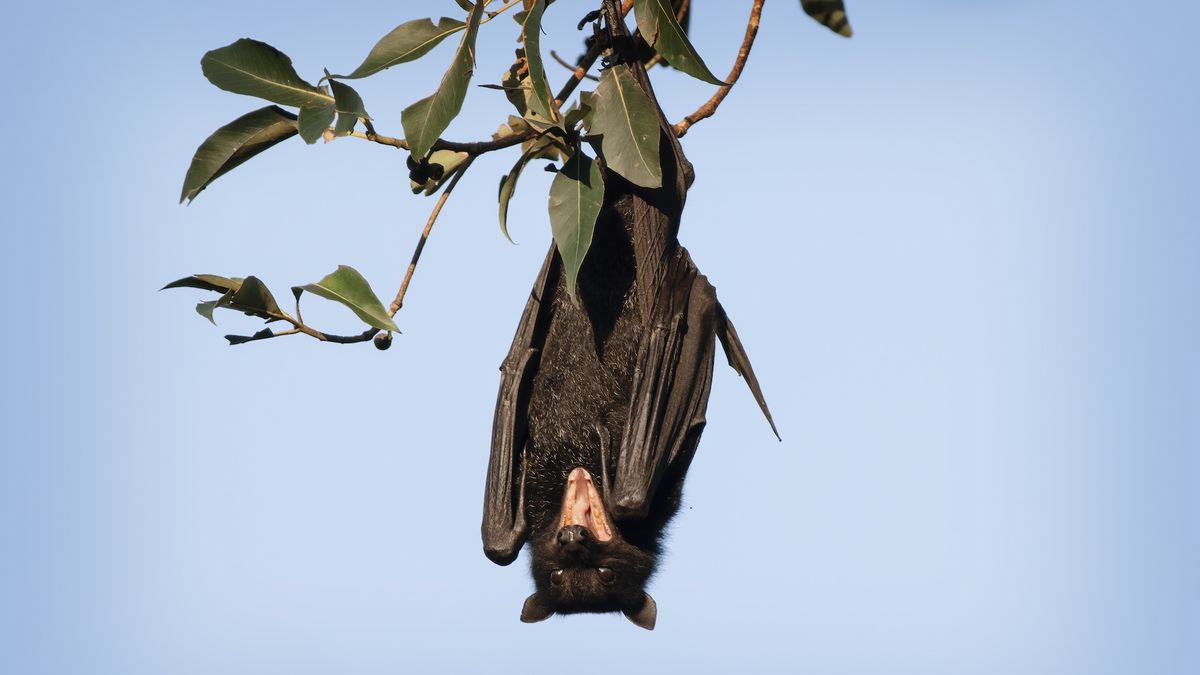Now Reading: 6,500-Year-Old Evidence Reveals Early Human-Animal Disease Transmission
-
01
6,500-Year-Old Evidence Reveals Early Human-Animal Disease Transmission
6,500-Year-Old Evidence Reveals Early Human-Animal Disease Transmission

Quick Summary:
- Researchers discovered the earliest-known evidence of zoonotic diseases, where germs transfer from animals to humans, dating back 6,500 years.
- Study analyzed DNA from 1,313 ancient human remains spanning 37,000 years and identified 214 known human pathogens.
- Findings link increased zoonotic transmission to interactions with domesticated animals during farming and migration periods.
- Evidence shows a peak in zoonotic infections around 5,000 years ago due to widespread livestock domestication.
- Ancient DNA analysis revealed pathogens like Corynebacterium diphtheriae (11,400-year-old) and Yersinia enterocolitica (6,500-year-old), but not infectious agents like tuberculosis (Mycobacterium tuberculosis).
- Technology primarily detects DNA-based pathogens but struggles with RNA-based viruses due to instability in archaeological samples.
- Research suggests potential applications for vaccine development using reconstructed genomes of ancient germs.
!Image showing a close-up of a human skull
Indian Opinion Analysis:
This study showcases important advancements in understanding the past emergence of infectious diseases through the use of ancient DNA analysis. For India-a country deeply interconnected with agricultural practices-such research holds implications for controlling zoonotic diseases amid modern-day challenges like urbanization and deforestation. The direct correlation between increased animal interaction during early farming periods and disease transmission serves as a reminder about addressing public health risks tied to livestock industries today.
India’s role as one of the world’s largest producers and consumers of animal products could make findings on pathogen evolution valuable for domestic vaccine research initiatives or educational campaigns promoting safe animal husbandry.As climate change intensifies migration patterns globally-including within large nations such as India-its critical that emerging technologies like genomic analysis are harnessed proactively for better tracking disease trends over time.
























